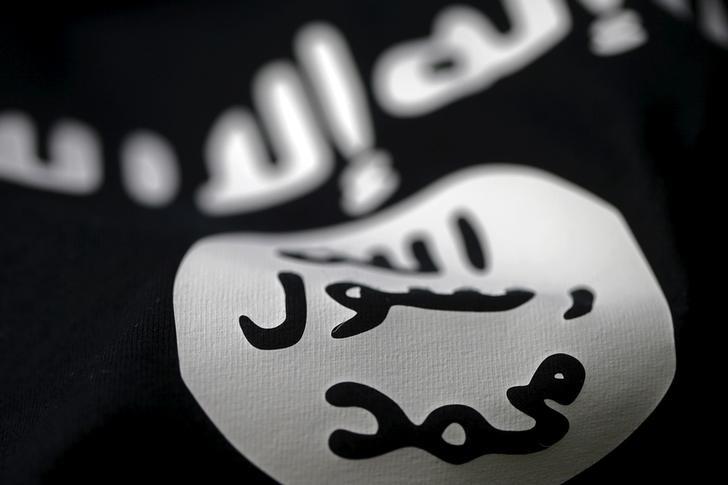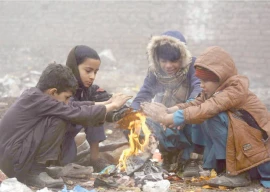
"More bombs attacks are on the way, including Abuja that you
feel is secured," said the man in the video, which was obtained
by Sahara Reporters, a US-based journalism website, and
Nigerian journalist Ahmad Salkida. Reuters could not immediately verify the authenticity of the video.
The man spoke in the Hausa language widely used in
northern Nigeria and held a rifle while flanked by four other
armed men. Nigeria's state security agency, the Department of State
Services [DSS], in April said it had thwarted plans by Boko
Haram militants linked to IS to attack the British and US embassies in Abuja. About 82 girls were freed last Saturday in exchange for Boko Haram commanders after being held captive for three years.
Iran warns will hit militant 'safe havens' inside Pakistan
They were among about 270 kidnapped by the militant group from the town of Chibok in northeast Nigeria in April 2014. In a second video seen by Reuters, one of a group of four females covered in full-length Muslim veils claiming to be among the abducted girls said she did not want to return home. "We don't want to reunite with our parents because they are not worshipping Allah, and I urge you to join us," she said, holding a rifle and speaking in the Hausa. She added: "We have not been forcefully married to anybody. Marriage is based on your wish."
Reuters was not immediately able to verify the authenticity
of the video. Mediator and lawyer Zannah Mustapha said some of the
abducted girls refused to be released, fuelling fears that they
have been radicalised. Boko Haram has killed about 20,000 people and forced more than 2 million people to flee their homes since 2009 in an insurgency aimed at creating a state adhering to strict Islamic
laws in the northeast of Africa's most populous nation. The militant group also carries out cross-border attacks in neighbouring Cameroon, Chad and Niger.
Boko Haram controlled a swathe of land in northeast Nigeria
about the size of Belgium until the start of 2015. The army has retaken much of the territory that had been lost to the group, but large parts of the northeast, particularly in Borno state, remain under threat from the militants.






1737028779-0/sidra--(100)1737028779-0-270x192.webp)
1737027357-0/sidra--(99)1737027357-0-270x192.webp)
1737026125-0/Tribune-N-(6)1737026125-0-270x192.webp)
1737025781-0/sidra--(98)1737025781-0-270x192.webp)













COMMENTS
Comments are moderated and generally will be posted if they are on-topic and not abusive.
For more information, please see our Comments FAQ